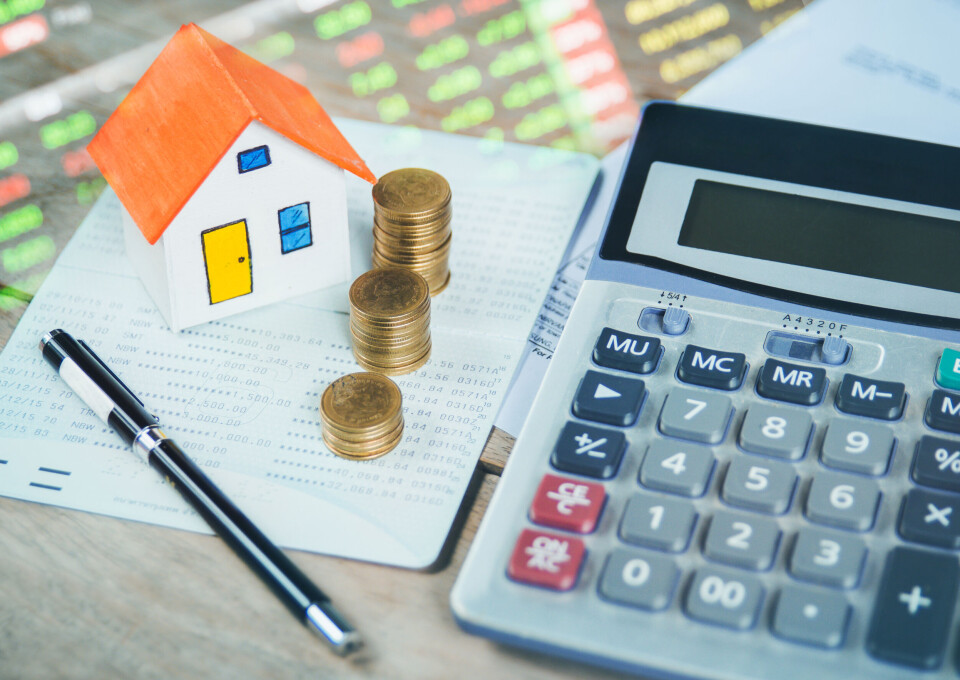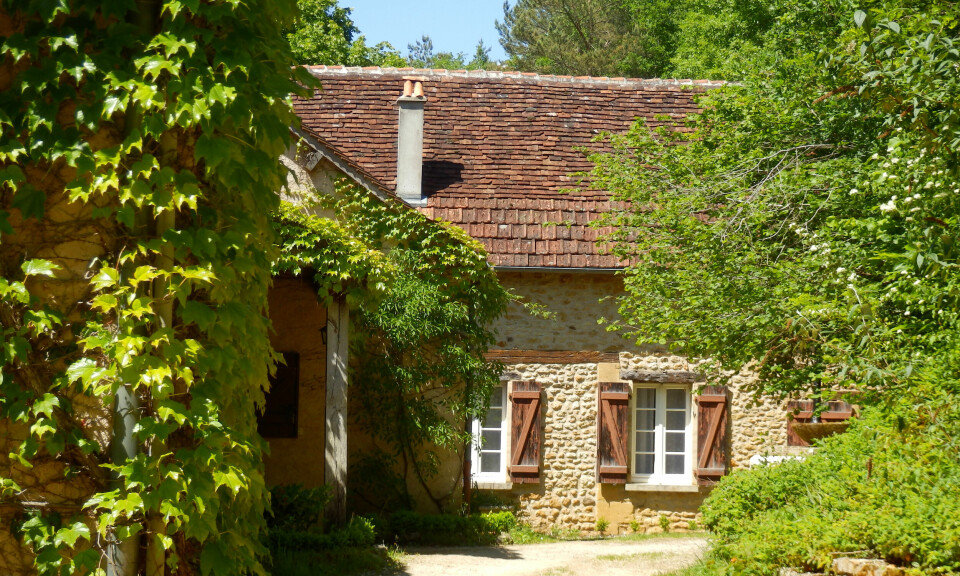-
Photos: Louis XIII-style château near Paris up for auction
The 400-year-old property has 32 hectares of parkland
-
Should France reduce the size of its baguettes to stop waste?
Would you welcome a smaller loaf?
-
Fatal HGV crashes: Goodyear in court in France over tyre defect claims
Investigators allege the firm knew about the problem but did not issue a recall
Second-home owner woe as 2,600 new French areas allowed to raise tax
Communes do not have to apply the tax surcharge. But, if they do, it could be as high as 60%

Thousands more communes in France will be able to levy a taxe d’habitation property tax surcharge according to leaks to French media.
If the information is confirmed, as appears likely, it means the communes in question can charge from five to 60% more on top of taxe d’habitation on second homes. They do not have to do so, and where they do, it would only apply from 2024’s tax.
A map and list of communes published on the website of the respected economics magazine Capital (the article is paywall restricted) show the areas concerned. They are especially grouped along France’s Atlantic coast and around the south-east (notably Paca and Corsica). There are also many along the Channel.
A similar list and map have also been published by the Gazette des Communes, a media for local government workers, which states a draft decree has been shown to a consultative body for local councils. Its map shows Calvados, Haute-Savoie, Savoie and Alpes-Maritimes as among departments with many new areas.
This expansion is a knock-on effect of recent legal changes to those areas which are considered as ‘tendues’ (under pressure) with regards to housing.
Such areas are subject to a specific tax concerning property left ‘vacant’, which means it is unfurnished and unused, called taxe sur les logements vacants (TLV), which goes to the central government.
However, importantly, the same communes are also able to levy a surcharge on taxe d’habitation on ordinary second homes (kept ready for their owners’ use), a tax which goes into councils’ coffers.
TLV was up to now only applicable in communes that both had housing pressures and have a population of at least 50,000, and some 1,140 communes were concerned. The list has stayed much the same in recent years, but additional large towns will be added this year after new analysis of their housing situations, it is said.
In addition, new legal changes mean that now communes of any size that experience an imbalance of housing offer and demand can be concerned, with ‘touristy’ areas being most affected, according to Capital.
A decree listing all the new areas to be added this year, after analysis of whether they meet the criteria, is awaited in the coming weeks, which will confirm if the new communes being named this week are correct.
It is said that there will be some 2,600 new communes being added in total as a result of this year’s new analysis and legal changes.
To clarify, there are three taxes that property owners in France should be aware of in this context:
-
The taxe sur les logements vacants (TLV).
-
The taxe d’habitation sur les logements vacants (THLV).
-
The taxe d’habitation (TH).
You can only be charged ONE of these per home you own, depending on the use and state of your property or second home (e.g. empty, unfurnished, furnished).
Read also: France plans measure to increase taxes on many empty and second homes
The taxe sur les logements vacants (TLV)
It aims to encourage property owners not to leave their properties empty in areas of housing tension. The same areas can also levy extra taxe d’habitation on second homes.
TLV is payable by owners of applicable properties that have been vacant for residential use for at least one year, as of January 1 of the tax year. It is calculated based on the theoretical rental value of the property, and only paid in areas covered by the TLV rules.
In May 2013, the TLV applied to towns with 50,000 residents or more, “where there is a marked imbalance between the supply of and demand for housing, leading to serious difficulties in accessing housing throughout the existing residential stock”.
These difficulties may be seen in high rents, high prices for older housing, or a lack of availability of social housing for those who need it.
MPs this year voted for a significant update in the list of communes where the TLV applies. It can now apply to any communes with a marked imbalance between supply and demand, which is said to apply especially to ‘touristy’ areas.
The new areas are being determined by analysing:
-
Property prices
-
Rents in the private sector
-
The ratio between the number of applications and the number of allocations of social housing
-
The rate of over-occupation of housing
The rate of the tax has also increased, for the first year it is paid. Parliament voted to increase the tax rate from 12.5% to 17% in the first year. If the property remains vacant for a further year, the rate will now rise to 34%. In 2022, the rate was 25%.
The taxe d’habitation (sur les résidences secondaires)
This is the ‘normal’ taxe d’habitation levied on second homes.
Second-home owners of non-vacant (ie. furnished and lived in for some of the year) still have to pay the standard taxe d’habitation. This tax no longer applies to main homeowners and is now only payable by second-home owners.
This means that it is now sometimes referred to as the taxe d’habitation sur les résidences secondaires, however, it is the same tax as before.
Read more: Taxe foncière, taxe d’habitation: how are these worked out in France?
The taxe d’habitation sur les logements vacants (THLV)
Even if your commune or area is not among those that levies the TLV, you may still be required to pay taxe d'habitation sur les logements vacants (THLV).
This is the same as normal taxe d’habitation, but it only applies to ‘vacant’ homes if communes vote to do this (as no one is actually living in them on January 1 of the tax year; the usual criterion for levying TH).
Unlike the TLV, the THLV applies to unfurnished accommodation that has been vacant for more than two years as of January 1 of the tax year.
Communes that do not charge TLV can choose to levy this if they choose, although it will be at the standard rate, and is not concerned by the 2023 TLV increase described above.
Related articles
Second home tax increase: Where in France may be affected by new law?
Taxe d’habitation deadline approaches in France: Who still pays this?
Second-home protests in Brittany: 'But we buy homes French don't want'
























